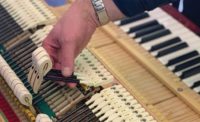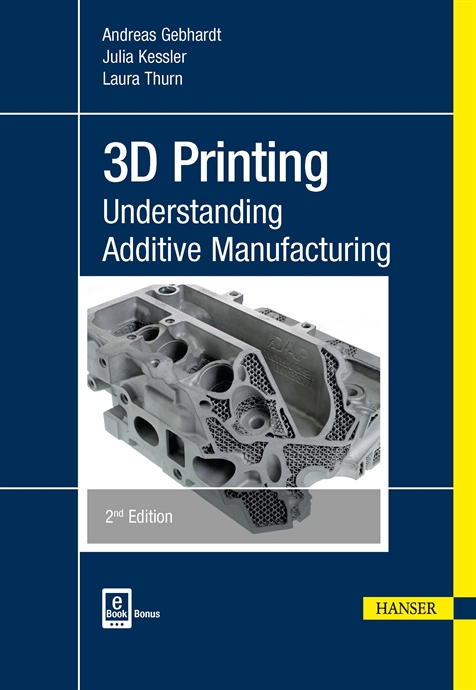An increased concern for personal appearance is leading to an increased need for razors in a big way. In fact, researchers are projecting the global razor market to surpass $22 billion by 2030.
Companies like Blackland Razors are looking to benefit from this growth over the next several years. Founded in 2015, Blackland makes razors primarily from stainless steel. The company ran a successful Kickstarter campaign in August 2015 and began selling directly to consumers in January 2016.
“We launched with one razor, the Blackbird, and have since expanded our product offerings to include four additional razor platforms with a slew of material and finish options,” explains Shane Swartzlander, owner and founder of Blackland Razors. “Our all-metal, design-focused razors are made to incredibly high standards here in the USA.”
All of the company’s early products are still manufactured with CNC machines. But, since early 2020, Blackland has been using 3DEO’s 3D metal printers and Manufacturing Cloud platform to design and produce Blackland’s advanced safety razor, the Era, which is expected to launch before the end of 2021.
“3D printing has been a vital part of Blackland’s product development process from the beginning,” notes Swartzlander. “Every razor we create always begins with extensive prototyping via plastic 3D printing, so we are comfortable with 3D printing as a technology. We learned about 3DEO through a trade publication and soon realized that its focus on high-precision small parts would be perfect for our [Era razor] application. Partnering with 3DEO will help us [improve product performance and quality, but] at a much lower price point for our customers.”
According to Swartzlander, the printers and platform enable Blackland engineers to create the Era with 10 distinct variants and an innovative head design that is versatile enough to provide a close shave on any user. He claims that 3DEO’s hybridized printing technology produces razors of a quality equal to those made by CNC machines, but at less than half the cost—regardless of quantity.
Traditional CNC machining requires the production of a large quantity of each part variant to be cost-effective. But, Blackland doesn’t necessarily need an equally large number of each variant since the demand for each version can vary greatly.
In that situation, the company would be forced to either pay for and store mass quantities of parts, or scale down the number of variants to only those that would sell best, according Swartzlander. Fortunately, equipment from 3DEO lets Blackland 3D print any number of each variant on a monthly basis at the same cost. This benefit applies whether the company needs to print just 50 of one variant and 500 of another.
Another equipment benefit is it removes geometry restrictions inherent to CNC machining. For the Era, Blackland engineers were able to create an extended overhang that is nearly impossible or cost prohibitive to machine.
“This [design] feature provides best-in-class blade clamping for our razors, resulting in a significantly more stable and reliable shave,” continues Swartzlander. “No other razor at this price point can boast this level of blade clamping.”
Initially, Blackland printed the Era razor on a small scale to better work through production and fulfillment kinks. The company has since scaled up production to thousands of units per month as it moves closer to the market-release date. Swartzlander says Blackland also has additional razors in the planning stage that will use 3DEO equipment and processes.
For more information, call 844-496-3825 or visit www.3deo.co.







